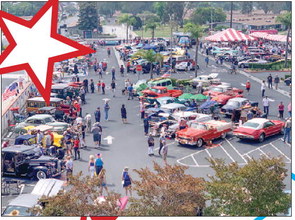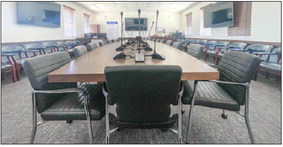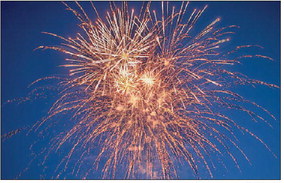Signage rules will be considered
GRF Policy
Leisure World clubs and groups are entitled to the use of GRF Trust Property for all manner of pursuits, according to the Davis-Stirling Common Interest Development Act, which is the portion of the California Civil Code that governs cooperative communities like Leisure World.
Based on the letters to the editor in the Sept. 23 LW Weekly, the legal requirement to allow such activities has created some concern. The letters expressed outrage on signage being used, demanding that it be removed. But it’s a complicated issue involving GRF policy, First Amendment protections and Davis-Stirling homeowners’ association laws.
As it stands now, GRF policy 30-1021 prohibits the display of certain categories of signs, including “political posters,” on Trust Property. While signs are banned from Trust Property, clubs and other groups are allowed to have signage at their assigned meeting times in their assigned meeting spaces. The reasoning is that while the clubs are using the facilities, it is their space to use as they like, within reason.
The sign in question was posted on the club’s tent, which is considered its property and thus allowed.
GRF legally must allow political signage in accordance with the provisions of the law, but what constitutes “political” and when does that infringe on First Amendment “freedom of expression” protections? Some California HOAs have allowed political signage, preferring to avoid the potential for lawsuits, which can be an expensive drain on a community’s resources, according to HOA websites.
The GRF Board will be reviewing the stipulations under the law and seeking due legal advice on what reasonable restrictions may be applied.





